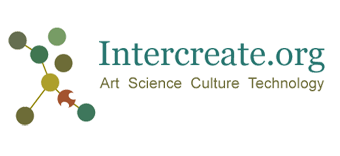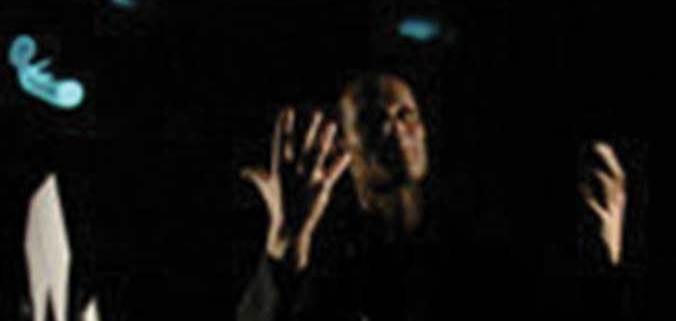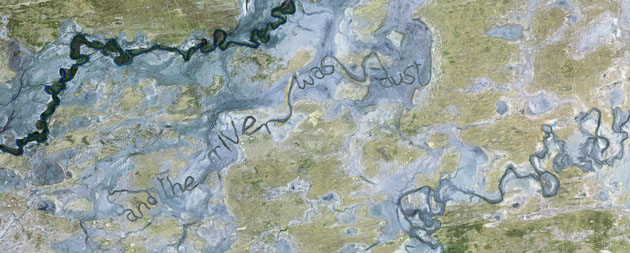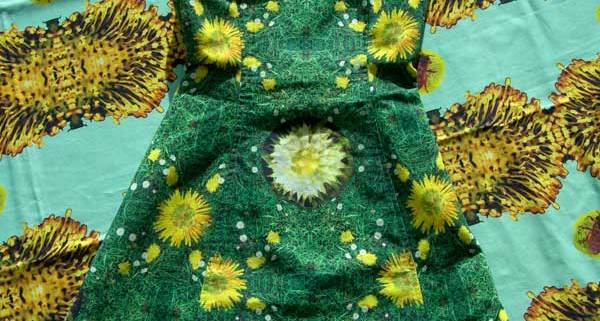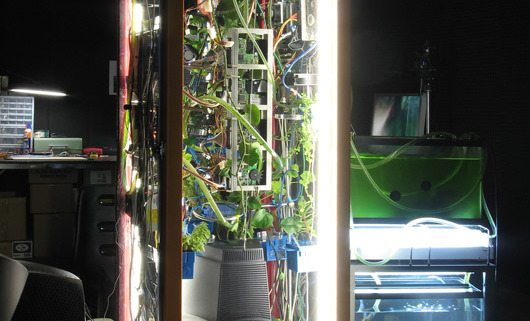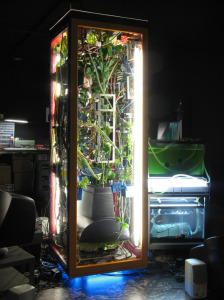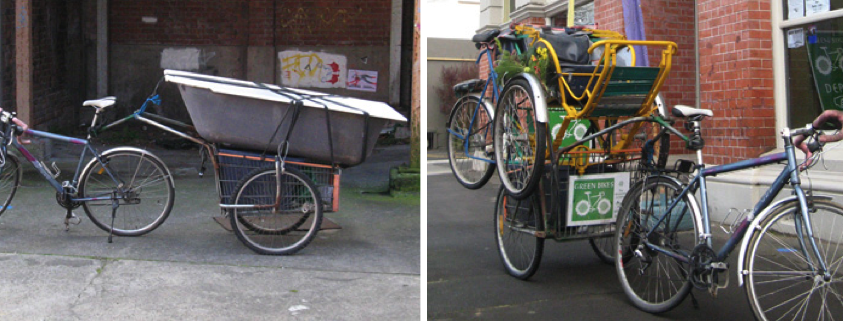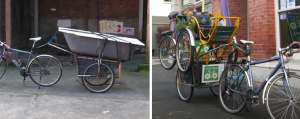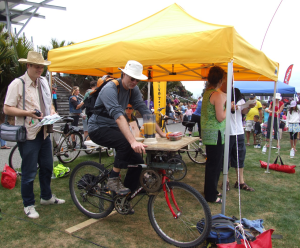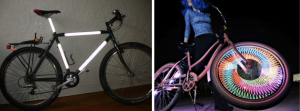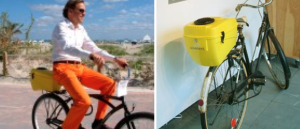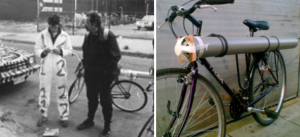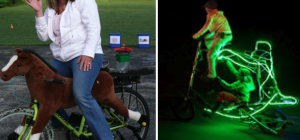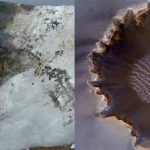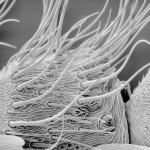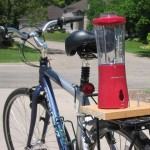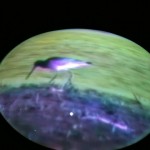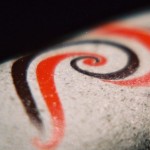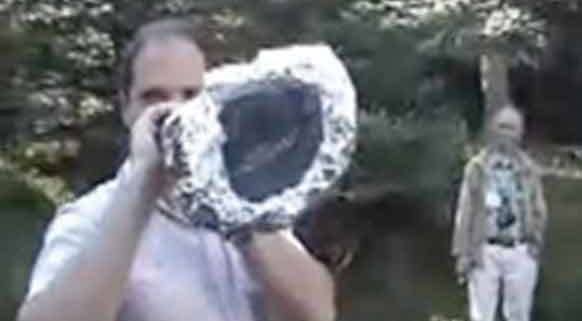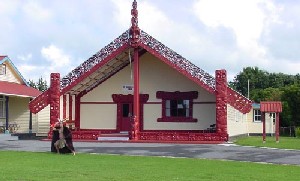Symposium Schedule & Format
Hui/Symposium
Dates: Friday 14th — Saturday 15th January
Venue: Owae Marae – Manukorihi Pa, Waitara, Taranaki
Address: 16 North St, 4320, Waitara, New Zealand
Powhiri / Welcoming Ceremony
Date & Time: 14th January, early morning (exact time to be confirmed).
The SCANZ 2011: Eco sapiens symposium will be held as a hui at Owae Marae in Waitara, and so will be initiated with a powhiri, or welcoming ceremony. Important: please see the venue page for more details on this ceremony and other customs or tikanga.
Keynotes, Short Presentations, Discussions
After Dr Te Huirangi Waikerepuru speaks as our keynote, the main sessions of the symposium will be made up of short presentations (7-10mins, pecha kucha style) of current or relevant explorations in individual participant’s work, with breakout discussions. Some shared session topics will be selected by the participants.
Interdisciplinary
As a number of different disciplines will be present, we expect all participants to come with a respect for and willingness to engage with the differing viewpoints of other areas of specialisation.
All-pitch-in & Food as a Social Space
We see food as an important connection point both philosophically, socially and politically. Hence the event is organised as an all-pitch-in arrangement, where we will be making our own meals together, and sleeping in the shared space of the wharenui (central meeting house) together, as is customary. As a hui, the event is also family-friendly and a chance for children to experience these spaces, customs and ideas.
Propose a Presentation
Topical discussion areas are outlined in the Open Call. You can propose a presentation here and register for the symposium here. All are welcome, and Day Visitor passes are available for local people.
Open Workshop Day
Sunday 16th January
As a way for the event to feed inspiring ideas into the already existing local eco-energies, on the third day of the symposium/hui we plan to hold an open, community day of workshops, demos, and discussions.
Entrance is free and all are encouraged to come and join. Local families, foodies, travellers & holidayers, all are welcome! Early workshop registration is advised as some sessions may have some material costs.
If you would like to promote the work you are doing, or have some thoughts to share, please feel free to contact us and to propose workshop/demo/discussion or join in.
Current Workshops:
Jo Tito — Stories of Land and People
Jo is developing a series of workshops which creatively weave together the Taranaki landscape; combining the materials of harakeke (flax), kohatu (rock) and wai (water) with the power of digital storytelling. As a meditation on these materials the workshops bring forward a Maori conception of our connections to the environment, and how building our understanding of these kinds of connections might help to bring healing to our planet and peoples.
Taranaki Story on Jo’s work
Carl Chenery — Taking Back Our Projections
In this workshop, Carl works to name the assumptions we have in our head around the concept of ‘waste’ or concept of ‘away’ and how they show up in our world. What would it look like to take those projections back from the landscape? This workshop will include the use of an online tool to connect participants through Google Earth and Google Maps with the physical locations of where our water comes from, where our storm water goes to, where our ‘waste’ water goes to. And where our ‘waste’ ends up.
Carl’s profile on the Intersect network site
Jonah Marinovich — Mad Mod Bike Workshops
Meke my Paika — Open workshop: Jonah will be on hand with cable ties, five kinds of adhesive tape, seven different kinds of glue, and all manner of nuts/bolts/brackets to assist people with modifying and decorating their bikes into light bearing, noise making, smoothie whizzzing, and possibly plant-based-organism sprouting sustainable-conceptual symphonies! So bring your ideas and inspirations, and we’ll get you on your way… !
Pimp my Koha — We need donations of bikes! Bring your bikes along to eco pimp or be pimped, and to be auctioned off at the end of the Eco sapiens event. Proceeds from the auction will go to cover costs, and a local eco group of your choice. Got a bike for us? Email us at: kiaora at intercreate dot org.
Dhyana Beaumont — Live Food Café
Using bike pedal-powered smoothie blenders and various food-foraging expeditions, Dhyana creates a connecting device between the power of fresh nutrient-rich food, and the pragmatic politics of finding or growing sources of fresh food today. As part of the food celebrations of the day, Dhyana will be testing out green smoothie recipes and their blending, with symposium participants and local people with possible explorations of Waitara foraging opportunities.
Andrew Hornblow — Solar Powered Art Workshops
Andrew is a local electronics wizard who inspired kids all around the country with what they can do with electronics. Also a radio, and general technical wizard, Andrew will be running a series of workshops on solar powered art works for children, youth and adults.
A photolog of Andrew’s school workshops
Justin Morgan — Waste Not
This project is a collaborative interaction between Justin, the attendees and visitors to the event that involves collecting and documenting the material waste that manifests during the SCANZ symposium; and creatively converting this waste. UPDATE: Please note that due to a recent appointment, Justin will be confirming with us whether he will be able to perform this work as planned.
J.J. Morgan & Co.
Enquiries
If you are interested in joining for the symposium, or to hold or help with a workshop, or otherwise participate in this gathering, please feel free to let us know. We can be contacted anytime at: i n f o @ i n t e r c r e a t e . o r g
